Researching the Impact ofAttacks on Healthcare




The impact of attacks against healthcare in armed conflict is an intractable and priority knowledge gap despite multiple initiatives that have improved data collection about these attacks. Better understanding could help promote the resilience of health programs, enable more effective mitigation measures, inform accountability mechanisms, and advance advocacy efforts.
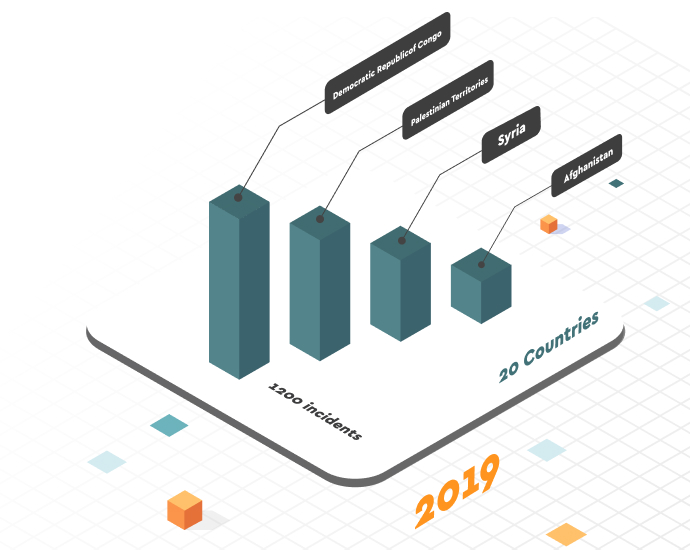

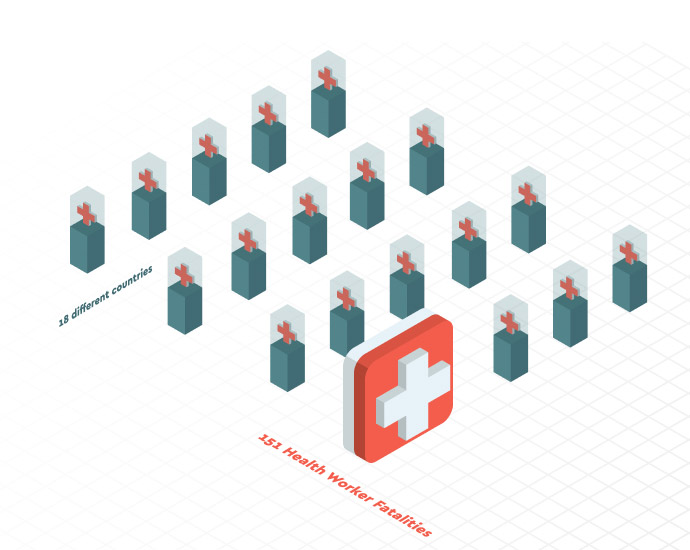

News
RIAH Oral Histories Archive Collection
The newly created ‘Attacks on Healthcare’ collection in the Humanitarian Archive is a…

Article on crises in Sudan
The article, written by colleagues at Insecurity Insight, details how ongoing conflict threatens Sudan’s already weak food system, leaving millions at risk of famine
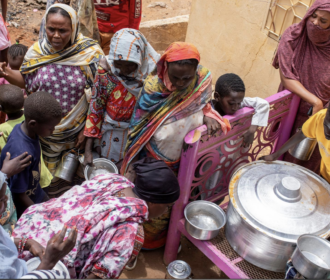
Publication: Attacks on health in Syria
Published by RIAH consortium member Rohini Haar et al. this paper is a qualitative study of health system and community impacts.
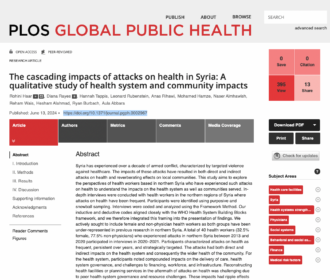
Article on IHL and the Israel-Hamas conflict
Consortium member Rohini Haar co-authored this recent article in which we are reminded that human rights should not be cast aside during times of war
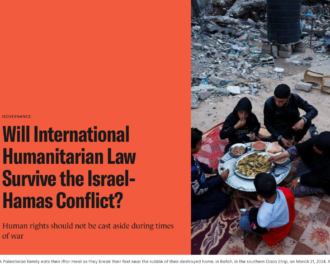
Consortium member publishes Op-ed
Attacks on healthcare facilities and staff have exacerbated the suffering caused by the conflict in Sudan. The global health community must respond with solidarity and support, write Khidir Dalouk and Rohini J Haar
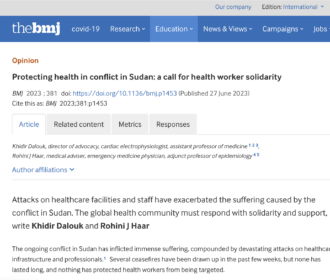
New Toolkit Published
Ending Violence Against HealthCare (EVAC) project, created Evidence that Protects Health Care: A toolkit with tried and tested tools to document, analyse, and advocate for ending violence against healthcare
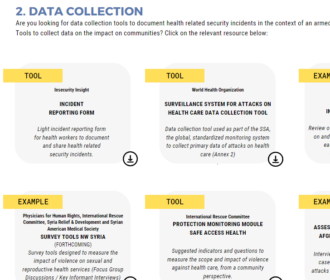
Report published on Ukraine
This report, jointly authored by RIAH consortium members Insecurity Insight, documents the staggering toll that Russia’s aggression has had on Ukraine’s health care system since February 2022.
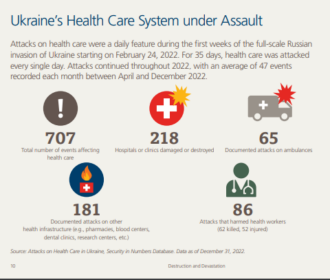
New Blog Post
RIAH PI Larissa Fast summarises our recent article on using data to create change in this “ICTs for Development” blog post.
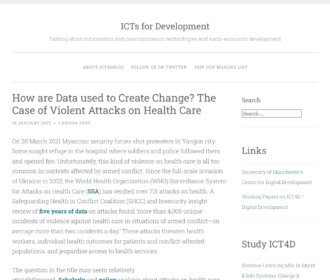
Report Published for the IPI
RIAH Researcher Rohini Haar collaborated on a recently published report for the International Peace Institute on improving data collection on attacks on healthcare. Click for the full report.
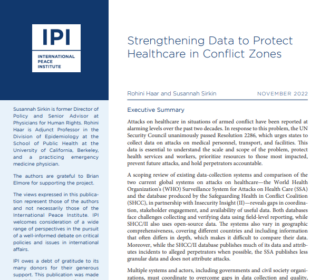
Report published: Crisis in Afghanistan
RIAH Co-I, Prof Rubenstein, along with other colleagues at Hopkins recently wrote and published this important report on the maternal and child health crisis facing Afghanistan. Click for the full report.
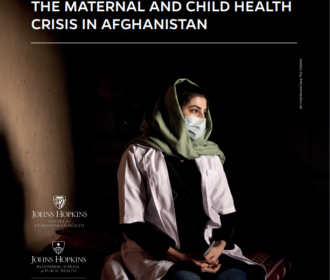
RIAH Oral Histories Archive Collection
The newly created ‘Attacks on Healthcare’ collection in the Humanitarian Archive is a…

Article on crises in Sudan
The article, written by colleagues at Insecurity Insight, details how ongoing conflict threatens Sudan’s already weak food system, leaving millions at risk of famine

Publication: Attacks on health in Syria
Published by RIAH consortium member Rohini Haar et al. this paper is a qualitative study of health system and community impacts.

Article on IHL and the Israel-Hamas conflict
Consortium member Rohini Haar co-authored this recent article in which we are reminded that human rights should not be cast aside during times of war

Consortium member publishes Op-ed
Attacks on healthcare facilities and staff have exacerbated the suffering caused by the conflict in Sudan. The global health community must respond with solidarity and support, write Khidir Dalouk and Rohini J Haar

New Toolkit Published
Ending Violence Against HealthCare (EVAC) project, created Evidence that Protects Health Care: A toolkit with tried and tested tools to document, analyse, and advocate for ending violence against healthcare

Report published on Ukraine
This report, jointly authored by RIAH consortium members Insecurity Insight, documents the staggering toll that Russia’s aggression has had on Ukraine’s health care system since February 2022.

New Blog Post
RIAH PI Larissa Fast summarises our recent article on using data to create change in this “ICTs for Development” blog post.

Report Published for the IPI
RIAH Researcher Rohini Haar collaborated on a recently published report for the International Peace Institute on improving data collection on attacks on healthcare. Click for the full report.

Report published: Crisis in Afghanistan
RIAH Co-I, Prof Rubenstein, along with other colleagues at Hopkins recently wrote and published this important report on the maternal and child health crisis facing Afghanistan. Click for the full report.

Publication: Soins, coercition et genre dans la guerre révolutionnaire au Népal (1996-2006)
This article explores the issue of gender-based medical care and wartime violence during the Maoist insurgency and the Nepalese civil war (1996-2006).
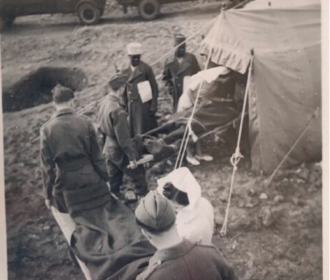
Commentary published on Gaza
RIAH consortium members publish a commentary piece with other colleagues on how the absence of respect for existing safeguards for healthcare workers in Gaza is an integral aspect of the intentional disintegration of the Palestinian healthcare system.
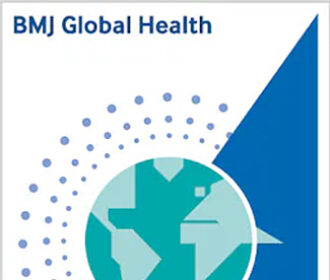
Publication: Data collection on violence incidents
Consortium Colleagues from Insecurity Insight present a dataset comprising news articles containing instances of different types of
violent incidents categorised by the humanitarian sector they impact.
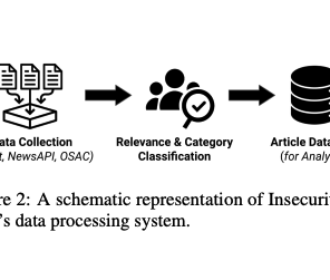
Security Risk Mgmt for Health Manual
The handbook provides guidance on how to implement a range of actions intended to promote violence-free environments and prepare individuals or organisations to face and respond to violent incidents. Arabic, French and Spanish versions are available.
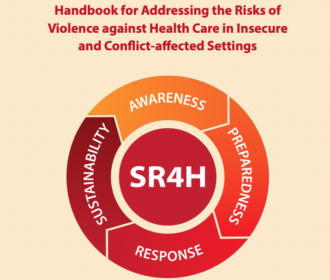
Publication: “It’s normal to be afraid”
RIAH researchers present the qualitative study on attacks
on healthcare in Ouaka, Haute-Kotto, and Vakaga prefectures of the Central African
Republic, 2016–2020
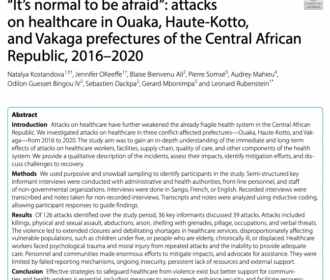
Publication: “I will take part in the revolution with our people”
RIAH colleagues publish on the qualitative study of healthcare workers’ experiences of violence and resistance after the 2021 Myanmar coup d’etat
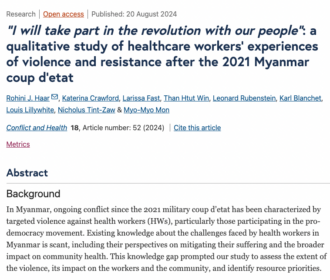
Publication: Intimacy and the gendering of war healthcare
RIAH colleagues discuss women’s experiences of insurgent warfare, with special reference to the conflict in Nepal between 1996 and 2006.
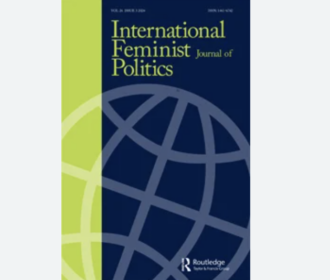
Attacks on Health Care in Lebanon
Insecurity Insight identified 45 incidents of violence against or obstruction of health care in
Lebanon between 8 October 2023 and 30 June 2024
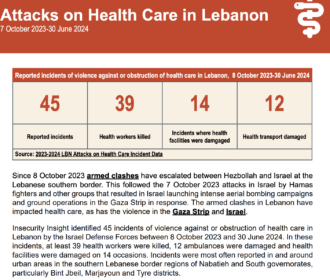
Report on violence in New Caledonia
The Island of New Caledonia was shaken by violence between 13 and 23 May 2024 when widespread protests and riots erupted over proposed voting reforms. This report records incidents affecting healthcare.
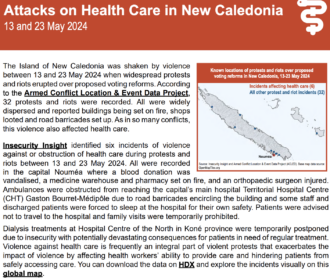
SHCC Report 2023
As a part of our data collection on instances of attacks, partners at SHCC produce an annual report on violence against health workers, facilities, and transport in conflict areas around the world.
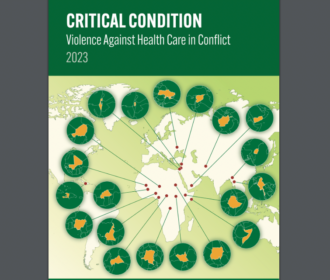
Publication: Soins, coercition et genre dans la guerre révolutionnaire au Népal (1996-2006)
This article explores the issue of gender-based medical care and wartime violence during the Maoist insurgency and the Nepalese civil war (1996-2006).

Commentary published on Gaza
RIAH consortium members publish a commentary piece with other colleagues on how the absence of respect for existing safeguards for healthcare workers in Gaza is an integral aspect of the intentional disintegration of the Palestinian healthcare system.

Publication: Data collection on violence incidents
Consortium Colleagues from Insecurity Insight present a dataset comprising news articles containing instances of different types of
violent incidents categorised by the humanitarian sector they impact.

Security Risk Mgmt for Health Manual
The handbook provides guidance on how to implement a range of actions intended to promote violence-free environments and prepare individuals or organisations to face and respond to violent incidents. Arabic, French and Spanish versions are available.

Publication: “It’s normal to be afraid”
RIAH researchers present the qualitative study on attacks
on healthcare in Ouaka, Haute-Kotto, and Vakaga prefectures of the Central African
Republic, 2016–2020

Publication: “I will take part in the revolution with our people”
RIAH colleagues publish on the qualitative study of healthcare workers’ experiences of violence and resistance after the 2021 Myanmar coup d’etat

Publication: Intimacy and the gendering of war healthcare
RIAH colleagues discuss women’s experiences of insurgent warfare, with special reference to the conflict in Nepal between 1996 and 2006.

Attacks on Health Care in Lebanon
Insecurity Insight identified 45 incidents of violence against or obstruction of health care in
Lebanon between 8 October 2023 and 30 June 2024

Report on violence in New Caledonia
The Island of New Caledonia was shaken by violence between 13 and 23 May 2024 when widespread protests and riots erupted over proposed voting reforms. This report records incidents affecting healthcare.

SHCC Report 2023
As a part of our data collection on instances of attacks, partners at SHCC produce an annual report on violence against health workers, facilities, and transport in conflict areas around the world.

Consortium
Our group is comprised of leading academics and data experts. We are an interdisciplinary group of researchers including social scientists, epidemiologists, historians, and experts in international relations, global health and law.

Professor Larissa Fast
Principal Investigator

Professor Karl Blanchet
Co-Investigator

Professor Leonard Rubenstein
Co-Investigator

Professor Bertrand Taithe
Co-Investigator

Christina Wille
Director of Insecurity Insight

Dr Rohini Haar
Research Fellow

Dr Roisin Read
Co-Investigator

Audrey Mahieu
Research Fellow

Dr Stephanie Rinaldi
Programme Manager